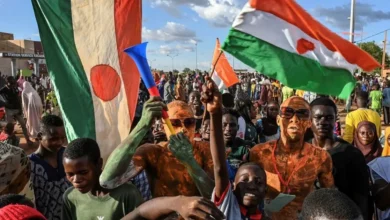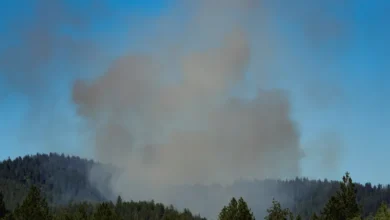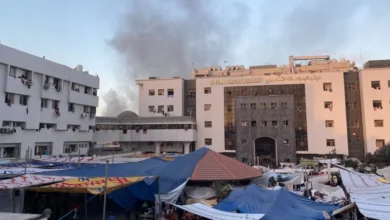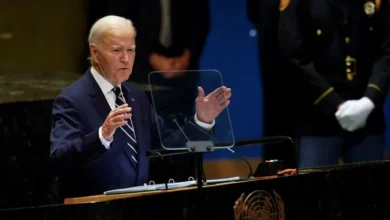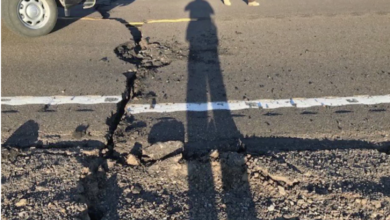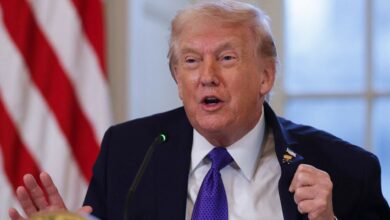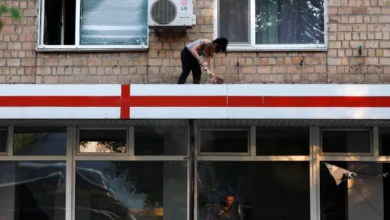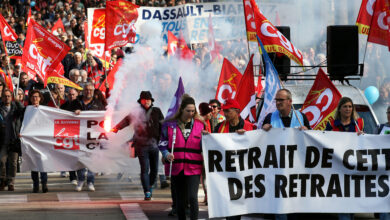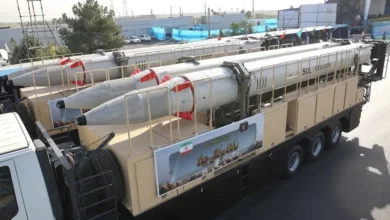Haiti’s children ‘dragged into hell’ as gang violence rages
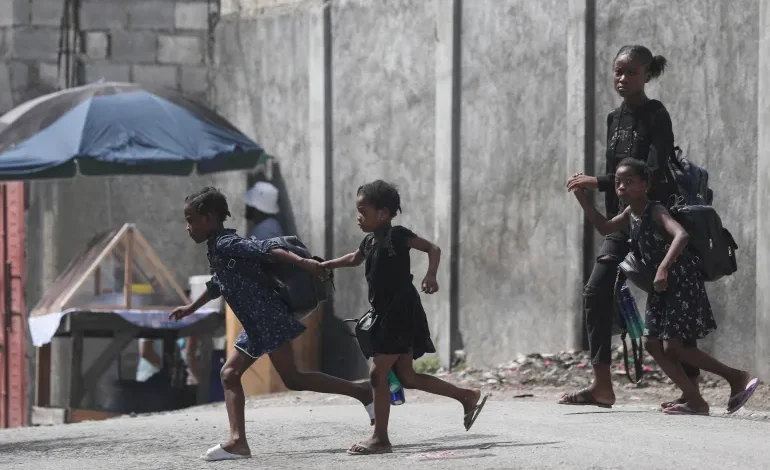
Jude Chery has heard talk of armed gangs for most of his life.
The 30-year-old Haitian activist remembers that he started to learn the names of powerful gang leaders even as a child in primary school.
In the decades since, new gangs have formed, and new gang leaders — including some with international profiles — have taken over, as Haiti experienced multiple waves of political upheaval and uncertainty.
Now, the Caribbean nation is in the grips of a period of deadly gang violence and instability that many Haitians say is the worst they have ever seen.
Yet for Haiti’s children — the millions caught in the crossfire, no longer able to attend school, or pushed to join the armed gangs amid crippling poverty — the situation is especially dire.
“Our youth should be worrying about how to study, how to innovate, how to do research, how to contribute to society,” Chery told Al Jazeera in a phone interview from the capital Port-au-Prince.
“But us in Haiti, we have other worries as youth: It’s about what to eat. Can I go outside today? We live each day, 24 hours a day, hoping to see tomorrow.”
‘Institutional limbo’
For decades, armed gangs with connections to Haiti’s political and business elites have used violence to gain control of territory and exert pressure on their rivals.
With funding from wealthy backers, as well as money gathered through drug trafficking, kidnappings and other illicit activities, Haiti’s gangs filled a void caused by years of political instability and accrued power.
But it was the 2021 assassination of Haitian President Jovenel Moise that created an opening for the gangs to strengthen their authority. No federal elections have been held in years, and faith in the state has plummeted.
Haiti continues to undergo a shaky political transition, as it seeks to fill the power vacuum created by Moise’s killing. But experts say the gangs — now believed to control at least 80 percent of Port-au-Prince — have become even more emboldened.
The gangs are “probably stronger than ever”, said Romain Le Cour, a senior expert at the Global Initiative against Transnational Organized Crime, a research group in Geneva.
They have maintained their firepower as well as territorial and economic strength even as a United Nations-backed, multinational police force led by Kenya was deployed earlier this year to try to restore stability, he explained.
This month, the gangs again captured global attention after passenger planes were hit by gunfire at the airport in Port-au-Prince, prompting international airlines to suspend flights into the city and isolating the country further.
